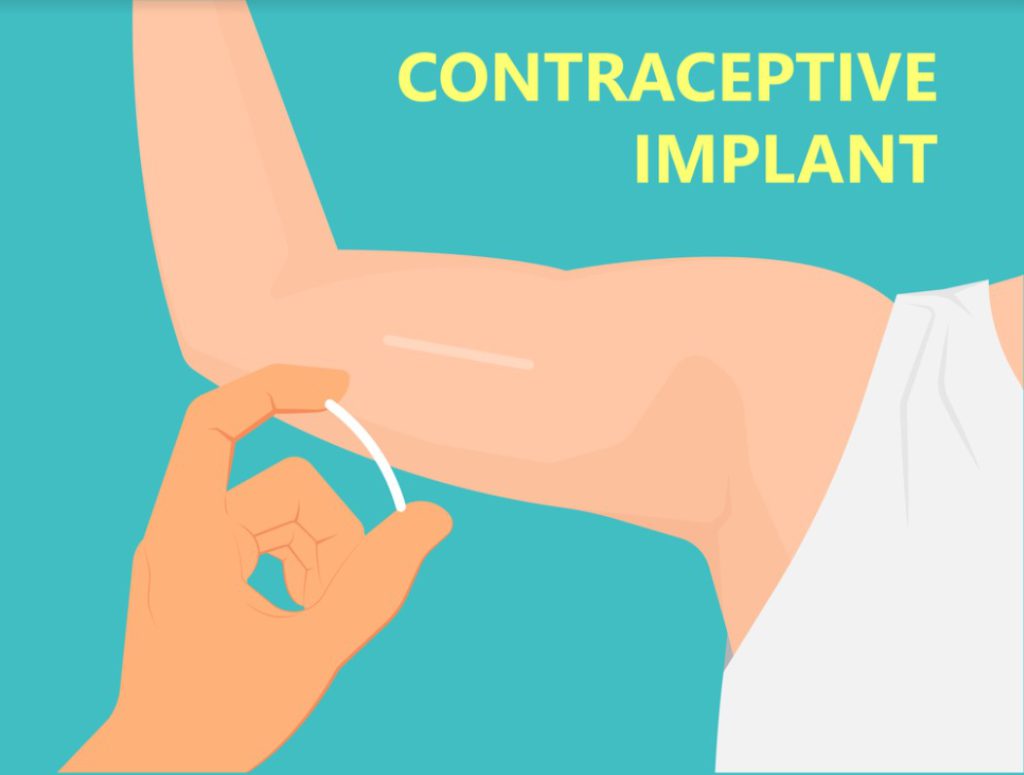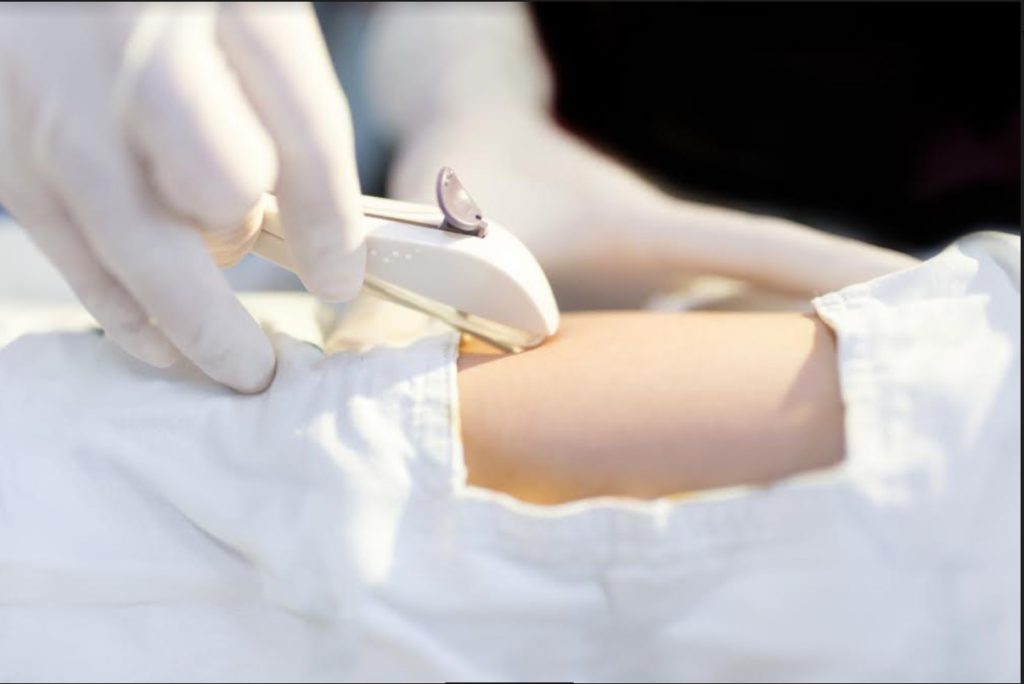For years, people have tried different methods of preventing pregnancy. This has led to the discovery of various contraceptive options that may either be for temporary or long-term use. Birth control implants are a long-term birth control option for women. Women all over the world are increasingly embracing the use of birth control implants for fertility regulation. However, like many other birth control options, there are certain implant side effects to take note of.
This article will discuss everything you need to know about birth control implants, including the benefits as well as side effects.
Let’s get into it.
What is a birth control implant?
A birth control implant is a form of hormonal birth control. Typically, it is in the form of a flexible plastic rod (about the size of a matchstick), that is placed under the skin of the upper arm in women.

How does it work?
The implant releases small amounts of a progestational hormone called etonogestrel once it has been placed under the skin. What this hormone does is that it sends a signal to the brain to suppress ovulation. This means that your ovaries will not release eggs. In the same manner, the hormone thickens the cervical mucus which makes it harder for sperm to reach any eggs that may be released.
Typically, you can use a birth control implant for about 3-5 years before getting a replacement or getting pregnant. However, this fact largely depends on the type of implant involved.

Benefits of using birth control implants
The major upside to using a birth control implant is that it is a long-term option that may be easier than any of the barrier contraceptive options. However, there are other reasons why many women consider using them.
Here are some of the benefits of using a birth control implant:
- Effectiveness: A study has shown that fewer than 1 in 100 women using an implant will get pregnant each year. This simply means that implants are about 99% effective.
- Convenience: Unlike other birth control options, implants are way easier and more convenient to use. The best part is, you don’t have to worry about using them the wrong way or remembering to use them.
- They are easily reversible: If or when you decide to get pregnant, you can remove the implants and get started on that front.
- Ease: Birth control implants can improve cramps and generally, relieve painful periods.

While birth control implants have a lot of advantages, there are certain drawbacks to their usage. These include:
- Birth control implants do not offer any form of protection against STIs or HIV.
- It is quite expensive to get and remove. However, it is important to note that implants may be free in certain countries like Nigeria.
- In rare cases, the implant can move from the insertion site to another. This makes removal difficult as a doctor may not be able to find it.
Can any woman use the implant?
Sadly, the answer is no.
Birth control implants are not suitable for all women. You shouldn’t use birth control implants if you suspect that you are already pregnant. You can take a pregnancy test using a pregnancy test (PT) strip to confirm your pregnancy status.
Also, you shouldn’t use birth control implants if you have any of the following:
- History of breast cancer
- Sensitivity to any of the ingredients or materials in the implant
- History of heart attack or stroke
- History of blood clots (deep vein thrombosis)
- Unexplained vaginal bleeding
- Liver disease or tumors
You should speak to your healthcare provider before using an implant if you have:
- A history of depression
- High cholesterol
- High blood glucose level or Diabetes. You can read this article on what to eat before a glucose test for the best result.
- High blood pressure
- Headaches
Implant Side Effects
As with other contraceptive methods, there are side effects of using a birth control implant. Some women experience side effects while many women don’t. Possible side effects of using birth control implants include:
- Irregular menstrual bleeding
- Acne
- Weight gain
- Breast pain
- Nausea and abdominal pain
- Non-cancerous ovarian cysts
- Depression and other mood changes
- Infection at the insertion site of implant
- Vaginal itching or discharge
The side effects are usually not serious and go away after a few months. You should contact your healthcare provider if any symptom persists.

Are there any risks of using a birth control implant?
It is rare for serious complications to arise from using birth control implants, however, you should still be informed about the potential risks.
These may include:
- Improper insertion can lead to the implant moving to a delicate organ.
- Injury to nerves and vessels in a case whereby the implant breaks
- Increased risk of serious blood clots
Conclusion
Over the years, many women have tried different contraceptive methods. Selecting which type of birth control to use can be very confusing. From birth control pills to birth control implants, there are many options to choose from.
Birth control implants are commonly being used because of their long-term effect. However, they are not suitable for everyone. It is important to understand the way they work as well as the possible side effects before deciding to get one. Thankfully, the information in this article has provided you with what you need to know.
Side effects are common to all methods of contraception and will typically go after a few months. If the side effects persist, you should contact your healthcare provider to discuss the possible problem.

